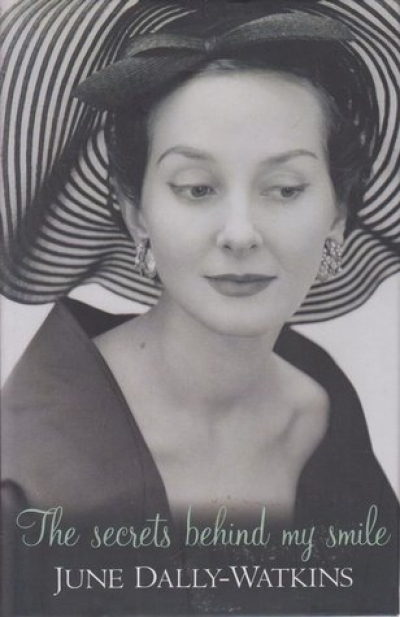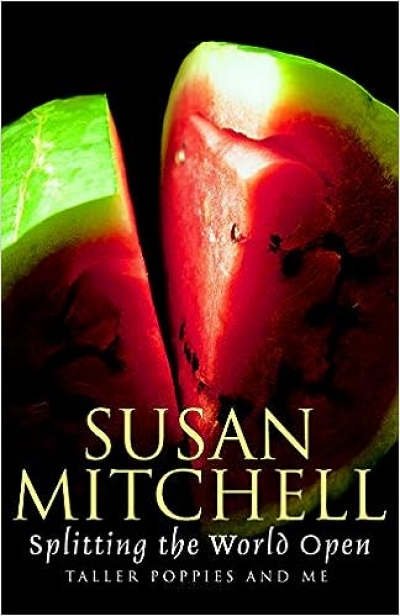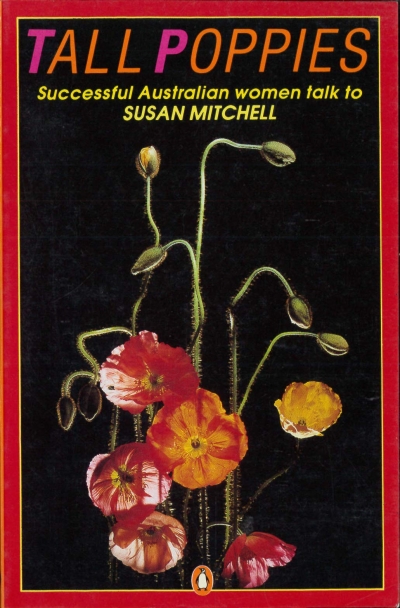Susan Mitchell’s Tall Poppies first shared their stories with her in 1984. Seventeen years later, her subjects have grown even taller. Between them, Anne Summers, Eve Mahlab, Sallyanne Atkinson, Fabian Dattner, Maggie Tabberer, Pat O’Shane, and Robyn Archer head corporations, shape legislation, run million-dollar organisations and commandeer swathes of print space in the national dailies. And yet, according to Mitchell, younger women are hardly aware of their existence. ‘Who knows the real stories of these Warrior women and their lives?’ she asks. ‘Certainly not the young women in the country who have benefited from their struggles and their passion. Every woman who gets a bank loan or a credit card, who isn’t sacked when she becomes pregnant or who wants to be an engineer or a plumber or prime minister is indebted to them.’ Warming to her theme, Mitchell paints her younger sisters as being sadly devoid of a sense of either community or higher purpose. Reduced, apparently, by the greed-is-good 1980s into aspirationalist drones, thirty-something women are ‘always complaining about how tired they are ... And why do they work such long hours? So they can have a lifestyle like the ones in Cleo, Marie Claire and Vogue Living. All the right labels on their backs, the designer body, the designer home, the designer dinners, the designer partner.’
...
(read more)




